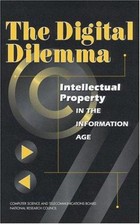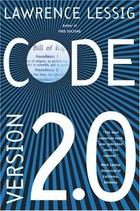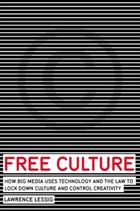
The Digital Publishing Landscape Shift
After years of uncertainty in the digital publishing world, O'Reilly Media appears to be making DRM-free eBooks available again through third-party retailers. This development marks a significant moment for technical readers who have long advocated for unrestricted access to their digital library purchases.
The publishing giant's journey with digital distribution has been tumultuous. After shuttering their direct sales platform, many wondered whether O'Reilly's commitment to DRM-free content would survive the transition to retailer partnerships.
Why DRM-Free Matters in Technical Publishing
For technical professionals, DRM restrictions pose unique challenges that go beyond typical reading preferences:
Cross-Platform Accessibility
Technical workers often switch between multiple devices and operating systems throughout their day. DRM-free formats ensure seamless access across Linux workstations, macOS laptops, and mobile devices without vendor lock-in.
Archive and Reference Value
Technical books serve as long-term reference materials. DRM-free formats guarantee that purchased content remains accessible regardless of future platform changes or company acquisitions.
Integration with Workflows
Many developers and engineers integrate technical documentation into their development environments, wikis, and knowledge management systems—capabilities that DRM restrictions often prevent.
The Retailer Partnership Strategy
O'Reilly's shift to retailer partnerships represents a pragmatic approach to digital distribution. Rather than maintaining expensive direct-sales infrastructure, they're leveraging established platforms while maintaining their DRM-free principles where possible.
This strategy offers several advantages: - Reduced operational overhead - Access to established customer bases - Simplified payment and delivery systems - Global distribution capabilities
Challenges in the Digital Technical Book Market
The technical publishing industry faces unique pressures that influence DRM policies:
The Missing Edition Mystery
Interestingly, some technical titles seem to have disappeared from digital circulation entirely. Classic references that once had multiple editions available now show gaps in their publication history on digital platforms. This phenomenon highlights the complexity of rights management and distribution agreements in the digital age.
Such gaps often occur due to: - Licensing complications between publishers and distributors - Technical issues in catalog migration - Rights reversion to authors or other parties - Strategic decisions to focus on newer editions
Market Response and Future Implications
The return of DRM-free options from major technical publishers signals growing recognition that restrictive digital rights management may be counterproductive in specialized markets. Technical professionals represent a sophisticated user base that values flexibility and often has the technical knowledge to circumvent restrictions anyway.
This trend could influence other publishers to reconsider their DRM strategies, particularly in: - Academic publishing - Professional development content - Specialized technical domains
A Step Toward Digital Freedom
O'Reilly's renewed availability of DRM-free eBooks through retail partners represents more than just a business decision—it's an acknowledgment that readers deserve genuine ownership of their digital purchases. In an era where digital content can disappear due to licensing changes or platform shutdowns, DRM-free formats provide the security and flexibility that technical professionals need.
As the digital publishing landscape continues to evolve, the success of DRM-free initiatives will likely depend on publishers finding the right balance between protecting their intellectual property and serving their customers' legitimate needs for accessible, portable content.













